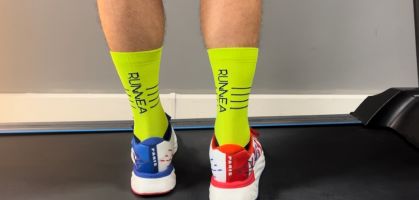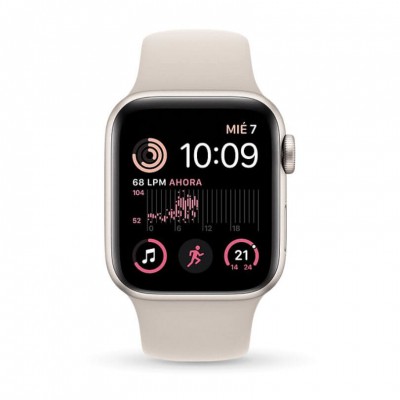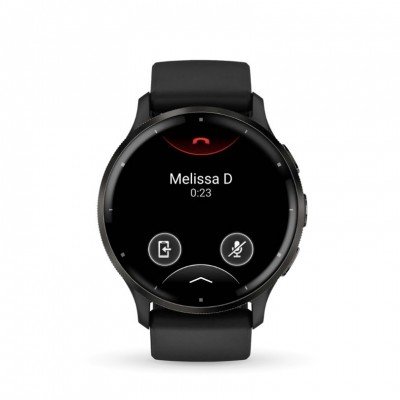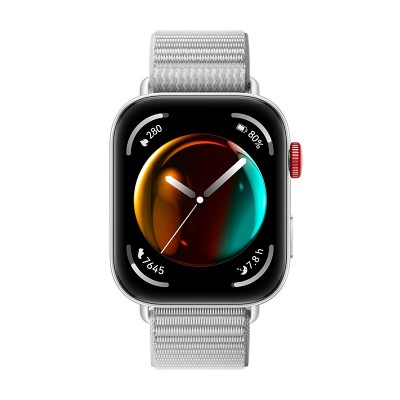From the hand of Iker Muñoz, Sports Director of RUNNEA ACADEMY and RUNNEA today we bring you a specialized article on running training. In this case, we talk about Tempo Run sessions and the benefits associated with running at controlled paces. Keep reading and don't miss anything!
What is Tempo Run and what is it for?
The Tempo Run is a type of training associated with a key intensity in endurance events such as the lactic threshold. Normally the time we can maintain this type of intensity ranges from 40 minutes (for athletes with a lower level) to an hour (for highly trained athletes).
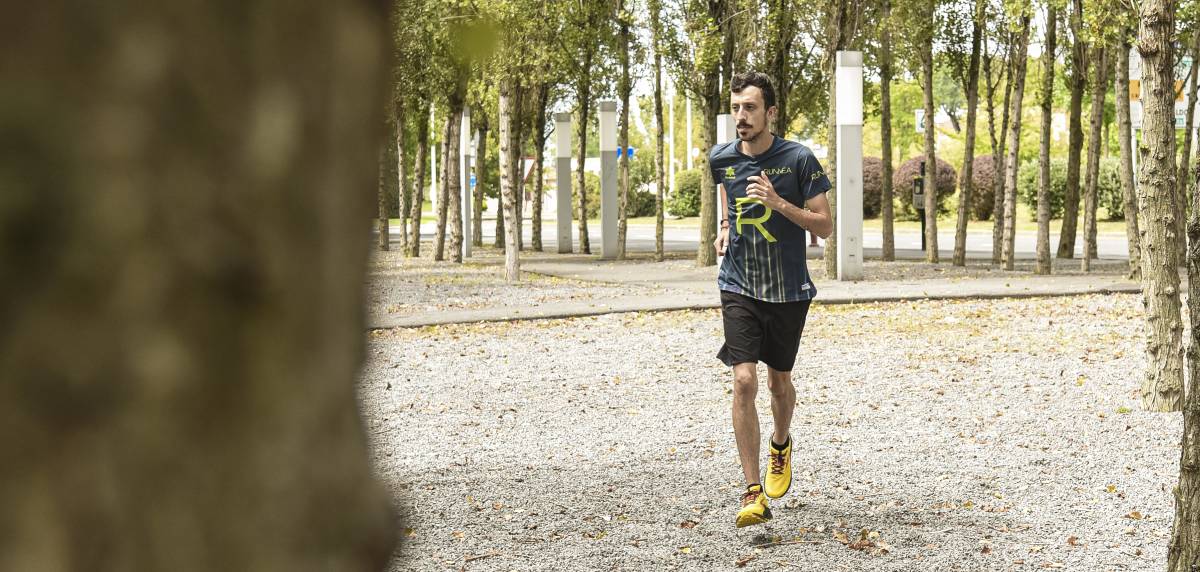
Tempo Run work is done continuously, without interruptions, and is highly demanding. Through these workouts we work at intensities associated with the anaerobic threshold, and therefore a metabolic acidosis will gradually set in, which will make it increasingly difficult to maintain the pace. In other words, training, if done continuously, will become harder and harder despite maintaining the same intensity.
This type of training is usually done in the weeks leading up to the main competition (half marathon or marathon) and helps us to become familiar with intensities slightly higher than those we will be running at during the race.
What are the benefits of running at controlled paces?

Beyond the physiological adaptations that this type of session can have, training continuously at an intensity close to that of competition will help the athlete to internalize the race pace. At the same time, due to the high demand of this type of sessions, they are useful to work on the psychological aspect and to become familiar with the sensations that the race may bring.
Why is it necessary to include it in your training plan?
As our training plan progresses, we will move from more general and non-specific aspects to sessions that are more and more similar to our competition, in terms of intensity and volume. Therefore, the Tempo Run will be a key type of training, as far as specificity is concerned, for our preparation for events of more than one hour.
What recommendations should be taken into account for Tempo Run?
First of all, to have previously done intervallic and fartlek work . It is necessary to have trained at intensities above the threshold in order to be able to maintain the intensity associated with the Tempo Run for a minimum time.

Subsequently, increasing the time of the Tempo Run, we can start with 3 repetitions of 15 min with very short breaks, to increase the duration up to a continuous run of 45-50 minutes.
What are the differences between Tempo Run and interval training?
Basically the work intensities, duration and breaks. Tempo Run is performed at intensities close to the anaerobic threshold, while interval training is usually performed at intensities close to or above VO2max.
On the other hand, the duration is longer in the case of Tempo Run. Interval training is based on repetitions at high intensity, but short (from 15 seconds to 3 minutes, usually), while the Tempo Run is longer.

In the case of pauses and recoveries, in the Tempo Run they are not obligatory and if they are performed they are short with respect to the time of the repetition. In the case of intervallic training, the pauses and recoveries are necessary to ensure that the athlete can face the successive repetitions with the capacity to maintain the stipulated intensity.
What is the pace to be applied during Tempo Run training?
Basically the pace associated with the anaerobic threshold (between 90-95 of maximum heart rate). However, this may vary depending on the athlete, experience and capacity.

Basic recommendations to take into account to include this type of training in our plan?
As always remember the sports training principle of progression. Once the intervallic work is finished, and with the aim of getting into rhythms close to those of competition, we will lengthen the repetitions more and more, until we can perform a single repetition of 40 min or two of 30 min.
Read more news about: Running Training




